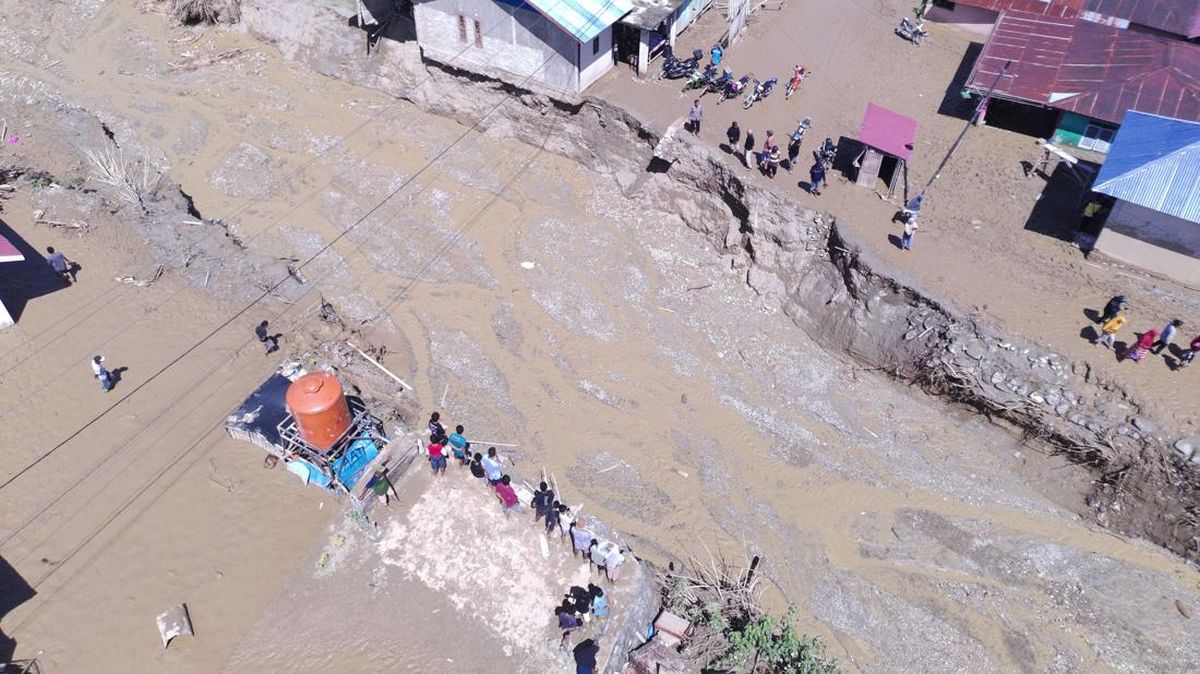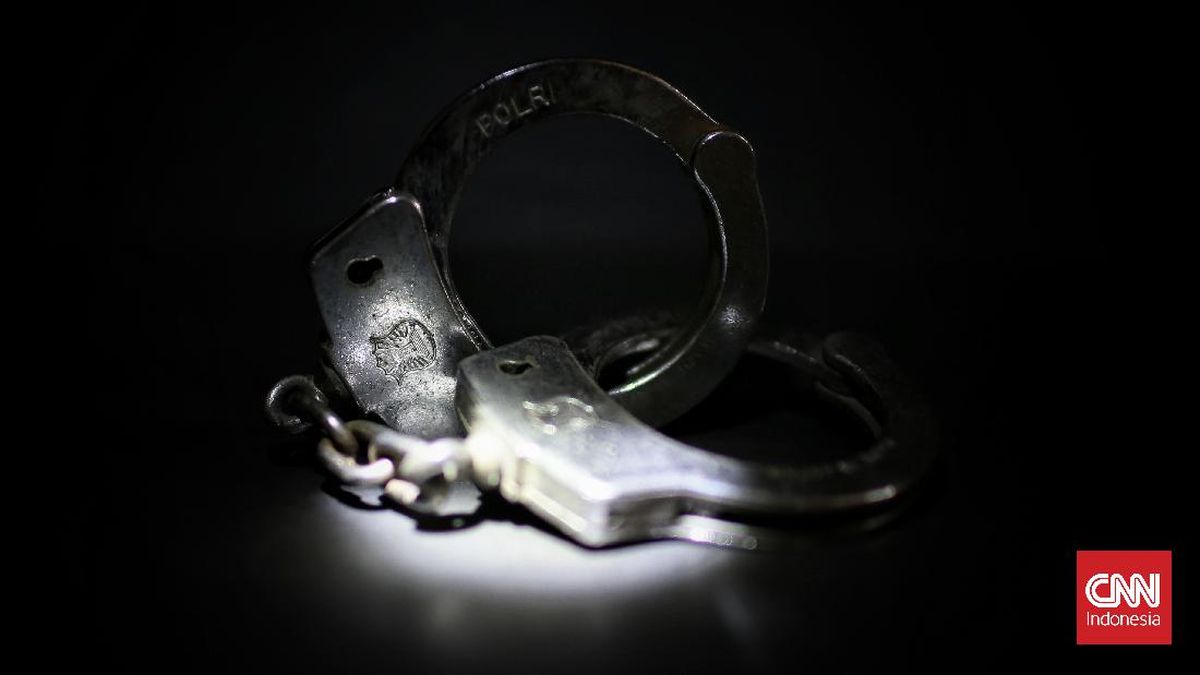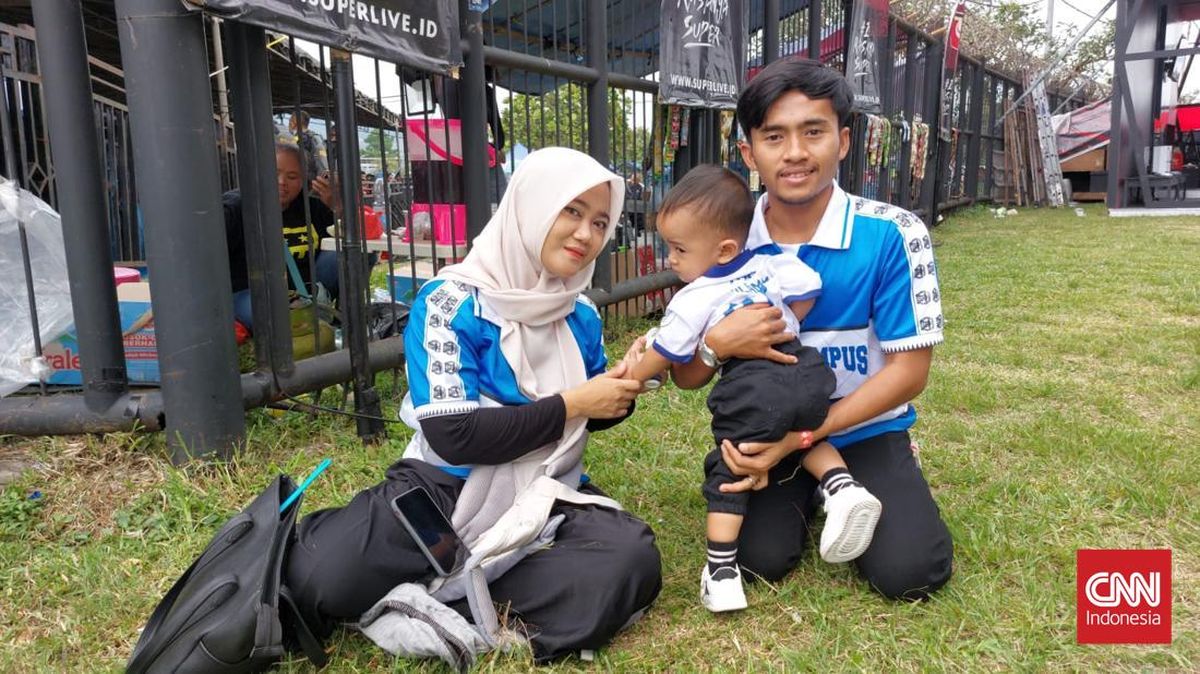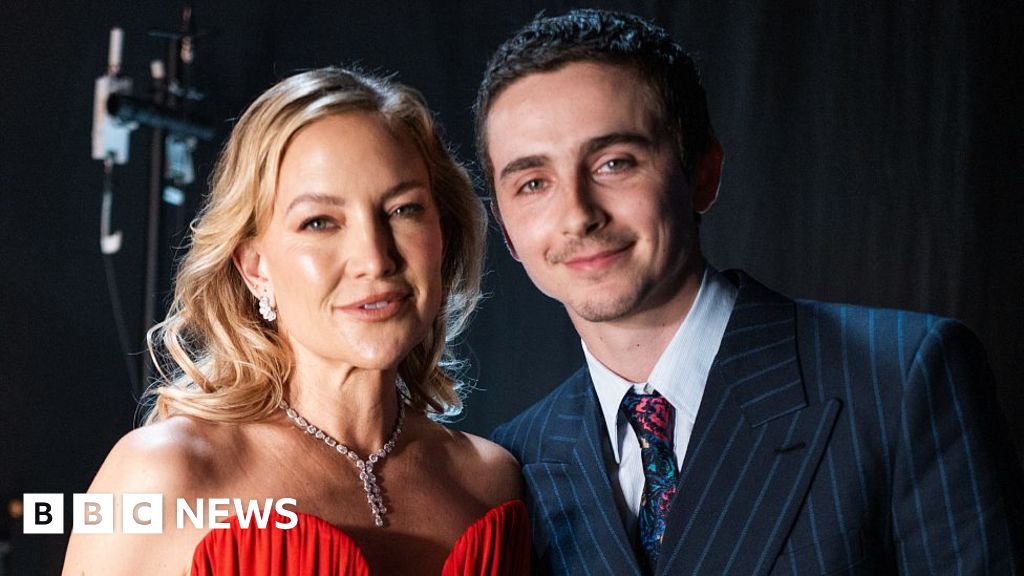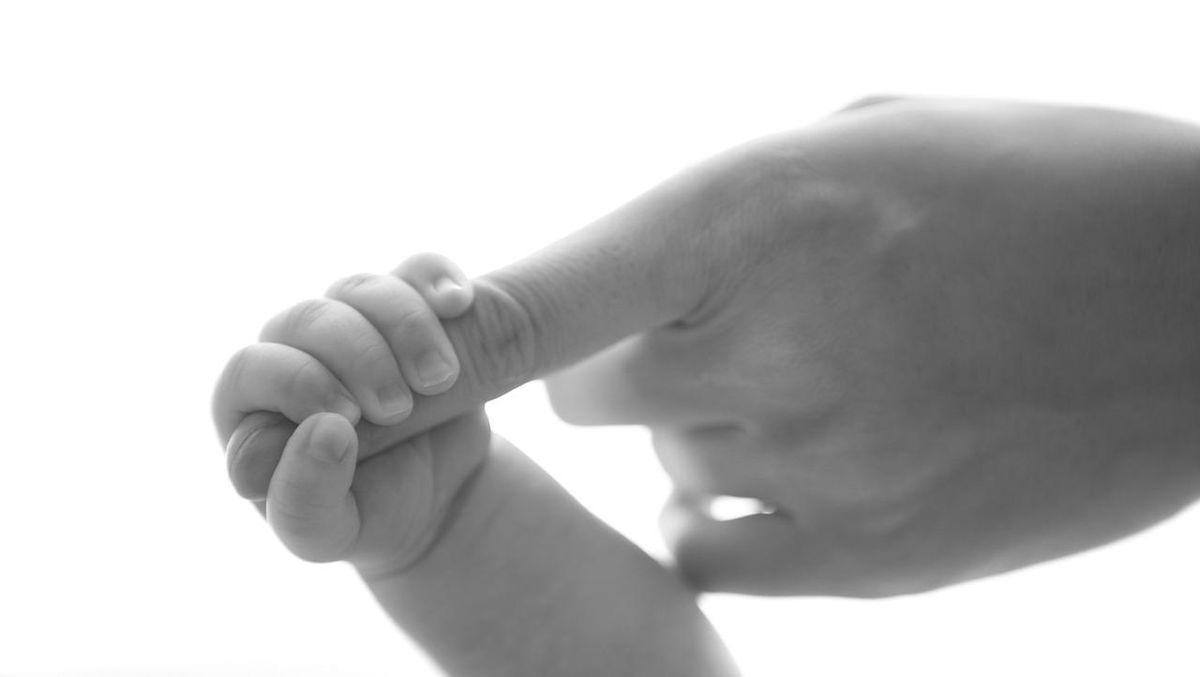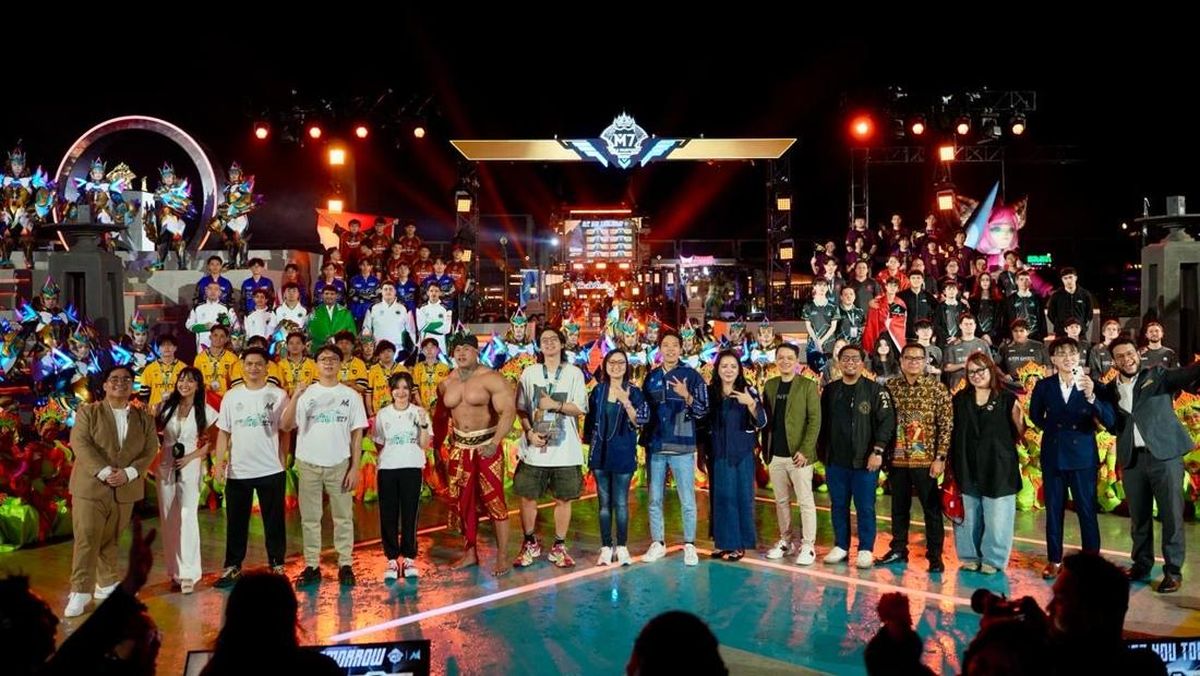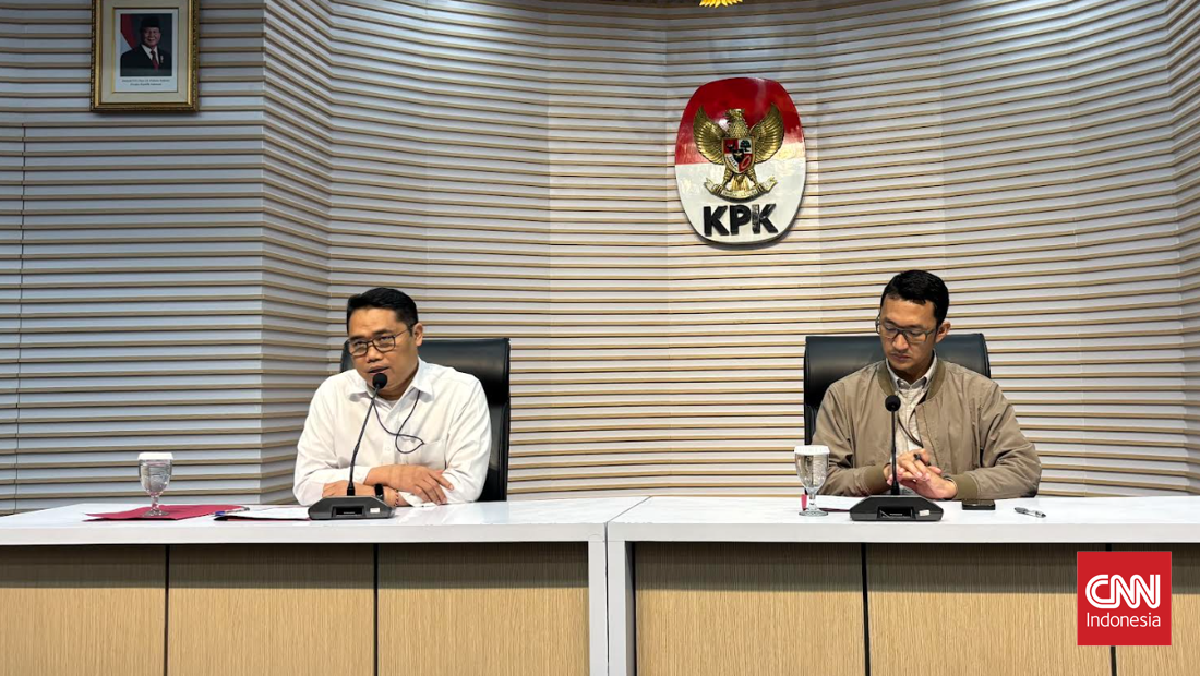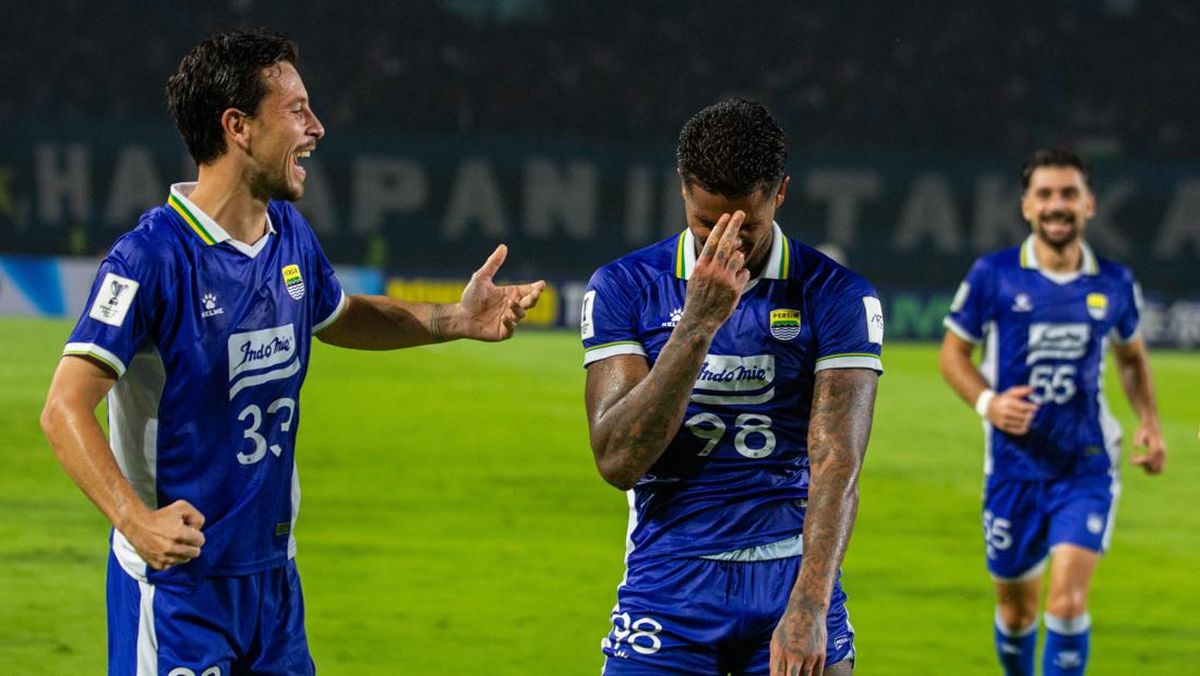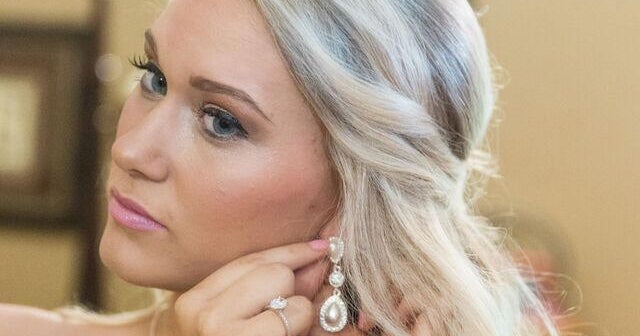By Tom Ryan
September 15, 2025 — 12.00pm

MEMOIR
The Book of Sheen: A Memoir
Charlie Sheen
Simon and Schuster, $49.99
In his 359-page memoir, Charlie Sheen appears to be sincere in his public apology for his wicked, wicked ways – the drugs, the booze, the random womanising, the wildly erratic behaviour. However, he also comes across as totally preoccupied with himself, much more concerned with what he’d been doing to Charlie than how it had been – and continues to be – affecting others. And it’s also never clear to whom exactly he’s apologising, even if he writes of his family near the end of the book that “they deserved so much better”.
The same mixed feelings are provoked by aka Charlie Sheen, the two-part, three-and-a-bit hour Netflix documentary that surveys the same terrain, more or less. It just happened to be released internationally on the same day last week as The Book of Sheen arrived in bookshops.
The telling difference between the two is that, whereas he’s speaking for himself in his book, documentary director Andrew Renzi asks him some unexpectedly probing questions and draws on others’ views about him.
The documentary features illuminating comments from Two and a Half Men co-star Jon Cryer, the series’ creator Chuck Lorre, ex-wife and occasional thespian cohort Denise Richards, Sean Penn and the admirably loyal Tony Todd, both old friends, and daughter Sam.
Also contributing an especially scathing point of view is Heidi Fleiss, the upmarket pimp whose little black book was the ’90s media’s equivalent of Jeffrey Epstein’s. Except that she’s still around to tell tales, one of which concerns “crybaby, pussy, bitch” Sheen.

Charlie Sheen accepting an Emmy for his role in Two and A Half Men in 2008.Credit: Reuters
Like the documentary, The Book of Sheen takes us back to where it all began: the kid born Carlos Irwin Estevez in New York City in 1965, growing up as the son of an actor on the rise, struggling with a stutter, suffering his way through school and making Super 8 movies with his friends, including actor-to-be Chris Penn, one of Sean’s younger brothers, now deceased.
The early chapters also find him travelling with his family to film sets in Italy (for The Cassandra Crossing) and the Philippines (for Apocalypse Now), where father Martin’s blossoming career led them. There he takes us behind the scenes – to his ping-pong game against O.J. Simpson (“a classless bully”); and to the chaos that reigned during the production of Francis Ford Coppola’s epic 1979 film.
Then, courtesy of Chris Penn, comes the first joint, which steers him towards a fuller appreciation of Easy Rider and, as youthful innocence is transformed into out-of-control experience, the dizzying whirl of excess and indulgence that has scarred his life.
Along the way, as he explains, he managed some success as an actor (most notably in Oliver Stone’s award-winning Platoon and in the long-running TV series, Two and a Half Men), but very little as a lover, husband, father, or – not to put too fine a point on it – human being in general.

Charlie Sheen, centre, with Willem Dafoe and Tom Berenger in the 1986 film Platoon.
He does appear to be genuine in his awareness of the prodigal path he’s followed and in his wish for redemption. But he’s not just a mischievous lad with an eye for the girls. And his enthusiastic and tiresome detailing of his various crimes and misdemeanours even suggests that he’s kind of proud of them. Rather than playing a humble penitent pleading for forgiveness, he appears to have cast himself as a latter-day Ulysses returning home after some exciting, death-defying adventures.
Right from the start, the tone of his storytelling seems all wrong for the cautionary tale he appears to be trying to write. He’s far too pleased with himself: boasting in passing that he got by at school by outfoxing his teachers; telling us that he could have played pro baseball if he’d been a more measured kind of guy; giving the metaphorical finger to those who thought he’d end up a loser because of his failures at school by pointing out that he ended up having Tony T. and Jay Leno present him with his diploma on The Tonight Show.
Sometimes he’s funny. Explaining that he was “born dead”, the result of “umbilical-strangulation”, he writes of the doctor who resuscitated him, “The man beat on me like I owed him money.“ But too often the sitcom-style one-liners fall flat and the prose, with all its “doods” and “kools” and pseudo-hipster slang, becomes irritating.
Loading
Between the lines, it becomes clear why his parents and his oldest brother and fellow actor Emilio Estevez might have declined to testify in the Netflix documentary. And his reluctance to accept responsibility for the choices he made is inadvertently revealing. The Penn brothers’ parents provided the model for his drinking addiction; Johnny Depp tricked him into smoking; dissatisfaction with a girlfriend and his work led him to cocaine; his attempts to escape the mire of substance abuse were thwarted by his efforts to combine family life with his work and status as a celebrity.
The general absence from the book of empathy for anyone else makes it hard to like its author. But it also needs to be said that the documentary’s images of the once-handsome young man now looking very much like the proverbial lost soul do invite pity.
The Booklist is a weekly newsletter for book lovers from Jason Steger. Get it delivered every Friday.
Most Viewed in Culture
Loading

